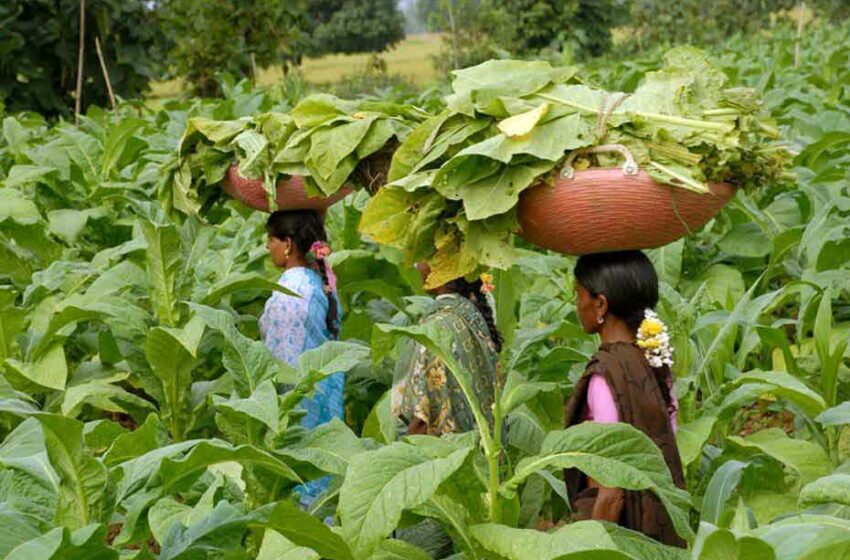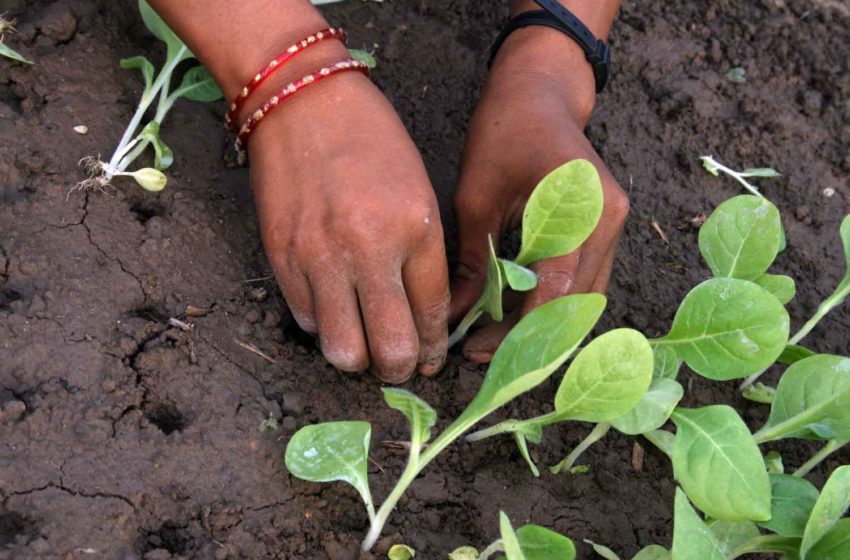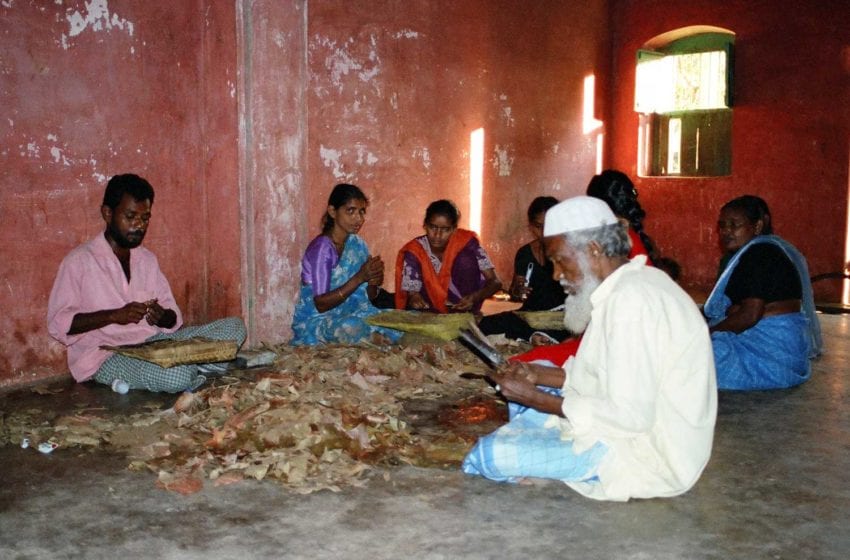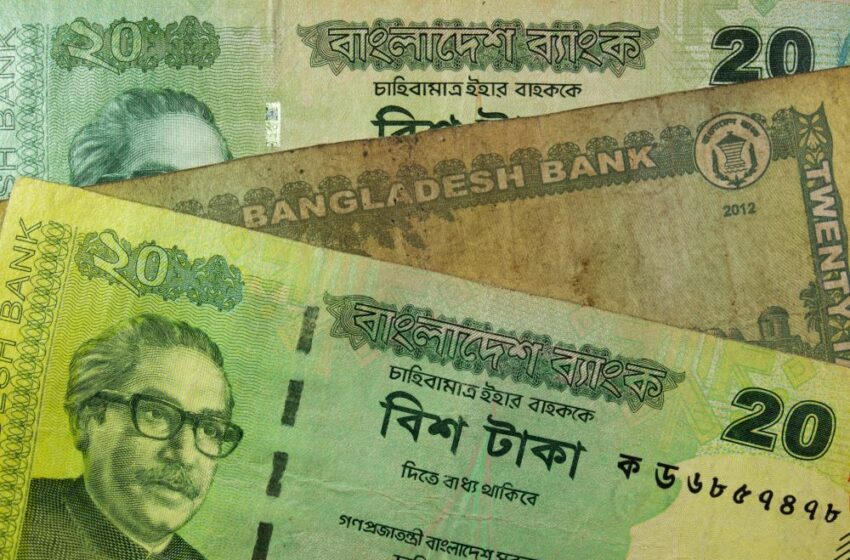Health groups warn that Bangladesh's tax proposals for the upcoming year will encourage youth use. Read More
Tags :Bangladesh
Experts credit the introduction of high-yielding varieties and the application of more effective fertilizers and pesticides.Read More
But the Department of Agriculture would prefer it if they cultivated other crops. Read More
A Bangladeshi group wants higher wages, lower duties and action against illegal operators. Read More
Tobacco prices have failed to keep pace with inflation in recent years, say critics.Read More
Eighty-four percent of survey participants want to change employment. Read More
BEA estimates smoking will decrease 66 percent and state revenue will hit BDT17 billion.Read More
Farmers have planted more in response to good prices last season. Read More
The proposed measure represents a setback for public health, according to activists. Read More
The proposed tax increase is part of the Income Tax Bill 2023.Read More










